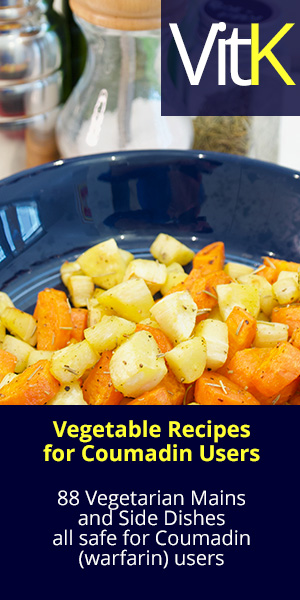
What is the best way to lose weight?
There has been so much debate about what is the best way to lose weight that it's no wonder that folks are confused. High fat? Low fat? No carbs? Some carbs? Good fat? Bad carbs? Low protein? Just what is right?
There are countless studies on all types of diets and the results have been a bit confounding. The research is often too short (six months or less) or they don’t include a good mix of men and women. Sometimes they're just too small or so poorly designed to draw any real conclusion.
There have been, however, some good quality research. Researchers recently created a study with an eye to overcoming the barriers to a quality study - and answer the question of what combination of protein, fat and carbohydrates is best for sustained weight loss (N E J M 2009: 360:859-73).
They recruited 645 overweight men and women for a two-year program of weight loss. Each person was randomly assigned to one of four diets:
- Low-fat, average-protein (20% fat, 15% protein, 65% carbohydrates)
- Low-fat, high-protein (20% fat, 25% protein, 55% carbohydrates)
- High-fat, average-protein (40% fat, 15% protein, 45% carbohydrates)
- High-fat, high-protein (40% fat, 25% protein, 35% carbohydrates)
The four plans were healthy diets, in that they were low in saturated fat, high fiber and low cholesterol. The participants were taught to choose healthier carbohydrates (regardless of the amount carbs they were assigned to eat).
Each person exercised moderately for about 90 minutes per week and there were support sessions during the study. They received individually customized meal plans in two-week blocks that aimed for a 750 calorie deficit in their daily intake. They also tracked their calories with an online food and exercise journal.
During the first six months all of the subjects lost about the same amount of weight, regardless of which diet they were on. They also regained about the same amount of weight after the first year of the diets. In the end a third lost at least 5% of their body weight and kept it off throughout the study.
This mimics a couple of previous studies that compared fad diets such as Ornish, Atkins, Zone, and Weight Watchers. those show similar results with people losing about 5% to 7% of their starting weight at the end of the first year. Most people regain that weight after going off of the diet, however.
Results, time and again, show that show that it does not much matter the type of diet. If you go on a diet, you will lose weight. However, the quality of what you are eating does very much matter.
A group of researchers looked at how a high quality diet compared to a low quality diet. They randomized 3 groups -- a control group, a group consuming 25% fewer calories but low quality calories and a group consuming 25% fewer calories but high quality calories. (Am J Clin Nutr. 2022 Jul 6;116(1):132-150)
Those people in the low quality calorie diet group lost about 6.8% of their starting weight but those consuming higher quality calories lost 8.9% of their starting weight. This difference was even greater in those participants who were insulin sensitive meaning that those who had a higher propensity to diabetes did even better.
The high quality calorie diet also led to better improvements in blood sugar, cholesterol and abdominal fat.
Going on a diet, any diet, will help you lose weight so doing what works best for you is key. However, learning about how to eat the best quality food -- great food that just happens to be great for you -- is the better way. This is supported by the Mediterranean diet research that shows eating great quality food leads to improvement in health and reduction of disease even if you don't lose any weight.
The key is to simply get started.
Eating Healthy: the Basics
The How and Why of healthy eating. Everything from why you should eat breakfast to whether red meat or coffee is bad or good for you, all in straightforward terms.



